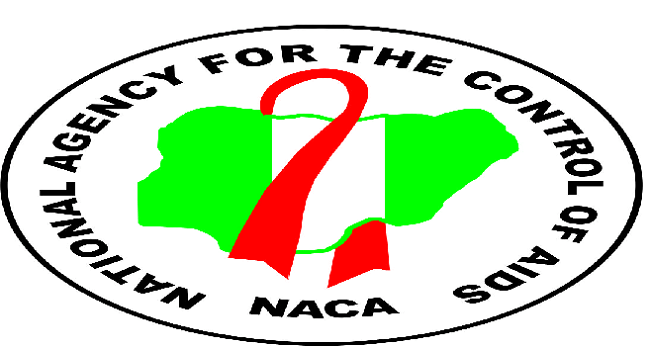By Zayamu Hassan
The Director General of the National Agency for the Control of AIDS (NACA), Dr Gambo Aliyu, has disclosed that inadequate demand for HIV services is the main reason why Nigeria’s HIV coverage has not reached 100 per cent.
He disclosed this at a media briefing organized by the International Community of Women living with HIV/AIDS (ICW) West Africa, to commemorate the International Women’s Day in Abuja.
He lamented that lack of demand for HIV services has been a barrier that has held the fight against HIV backward since many years ago.
He, however, identified fear of stigmatization and discrimination as the reason behind people not wanting to demand for HIV service.
The NACA Director General, therefore, called for collective efforts to combat the fear of discrimination and stigmatization.
“Failure of individuals to demand for HIV services is the main reason why we are where we are in terms of our ability to extend our coverage from the present 50 per cent to 100 per cent.
“The same barrier that we were unable to break since the last two decades interns of identifying two million people living with HIV/AIDS in the country. “This is largely because of the fear of stigmatization and discrimination, that fear is what we have to join our hands to fight for people to know that HIV services are available and accessible,” he said.
He further called for collaborative efforts to end the Mother-to-Child-Transmission of HIV in Nigeria.
Dr Aliyu lamented over the limited access to medications for the treatment of HIV/AIDS by Women, adolescent girls and some persons living with the virus.
“While eliminating mother-to-child transmission of HIV is a big challenge in the global fight against HIV, early diagnosis of HIV-positive mothers, rapid Anti Retrovira transmission initiation with ongoing monitoring to ensure that their viral load is low, and making sure that their HIV-exposed infants receive appropriate testing and care through the end of the breastfeeding period is critical,” Dr Aliyu noted.
While stressing the need for collaboration by all stakeholders, the NACA Director General said: “It is important for us to know that as individuals, we cannot do this alone, we must work collaboratively, we must work as a community, as individual organizations coming together to put our hands together and push the elimination of mother to child transmission.
“One thing that should be put to use is access to services by pregnant women. Also, the day couples understand the importance of testing for pregnancy for HIV, our problem for the elimination of mothers to child transmission will disappear, the day people identify the need to demand for HIV services, the day HIV as an epidemic will come to an end.”
Speaking, the Regional Coordinator, International Community of Women Living with HIV/AIDs West Africa, Mrs Reginald Assumpta, commended Nigeria’s efforts towards ensuring total eradication of Mother-Child –Transmission of HIV.
According to her, Nigeria is a success story, having moved from elimination of mother to child transmission to eradication of mother to child transmission because of the investment from the donor agencies and the government of Nigeria through NACA and the Ministry of Health.
The event witnessed the conferment of awards to those who have made tremendous impact in the fight against HIV/AIDs in the Nigeria.
The National Coordinator of the National AIDS and STI Control Programmer, Nigeria Ministry of health. Dr Akudo Ikeazo, stressed that more work needed to be done to eliminate mother to child transmission of HIV.
“More work needs to be done in ensuring that we not only prevent but eliminate mother to child transmission of HIV. The very best part of it is that the science is there, the knowledge is there, the capacity is there in the country.
“But the sad thing is that we have not done as well as we ought to have done over the years. but is changing because we have understood what we need to do different,” Dr Ikeazo, reiterated.


